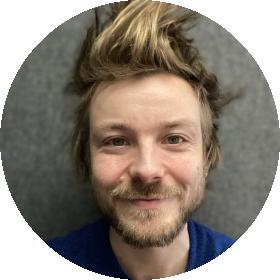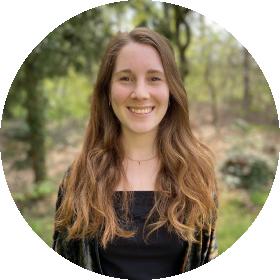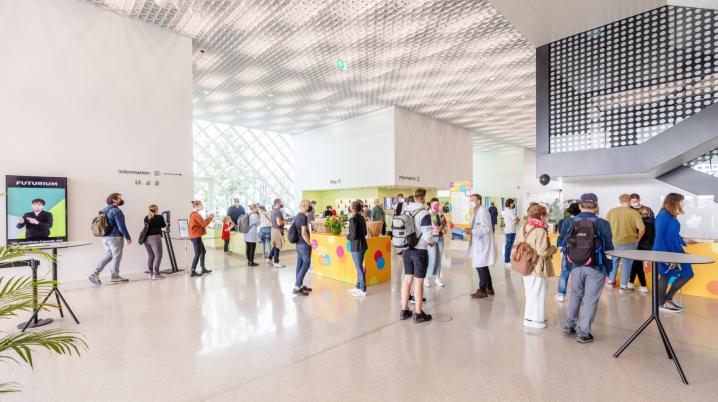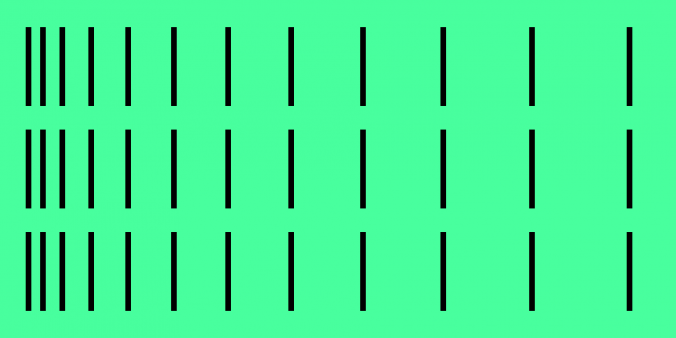
Fit for the future with Futures Literacy
The Futures-Oriented-Museum Synergies network - better known as FORMS - brings together cultural leaders from around the world 'committed to the decolonisation of the future.' While most of its members are museum leaders - from places as diverse as the Museu do Amanhã in Rio de Janeiro to The Mind Museum in the Philippines - there are academics, artists, and other 'free radicals' affiliated with the network too. Among the Dutch members are Next Nature Network, NEMO Science Museum, the Discovery Museum, Northern Light and Ki Culture. One of the earliest members is the Futurium museum in Berlin, who will organise a public programme Fit for the Future with Futures Literacy. They are the first in the network to organise a public programme built around one of the network's core concept of Futures Literacy.
DutchCulture and FORMS
The previous meeting of the FORMS network in Barcelona and the Pyrenees, last June, was supported by DutchCulture and the Dutch embassy in Madrid. DutchCulture plays a catalysing and connecting role within the network. From co-facilitating its first-ever meeting in Amsterdam at NEMO Science Museum, in November 2019, to now supporting the programme in Berlin, we are well-situated to build momentum around an urgent aim.
The mission of FORMS strongly resonates with one of the 3 objectives of the Dutch International Cultural Policy Framework to use the power of the cultural sector and creative industry to achieve the Sustainable Development Goals (SDGs): the network of forward-thinking leaders can offer “...a meaningful dimension […] to the approach of global challenges, such as sustainability, climate change and the quality of the living environment”. We aim to create opportunites for "artists and designers [to] offer new ways of thinking and solutions,” and with that, opportunities emerge “for the excellence of the Dutch creative sector to also work across borders on solutions for current public challenges.”
Futures Literacy
One of the main ideas behind FORMS is that futures-oriented museums, individuals and organisations have much to contribute to our collective efforts to decolonise and diversify futures. With the ability of the cultural spaces to engage with millions across the globe, FORMS' assumption is that ideas of the future futures can be reframed and that we can all do something to increase this approach.
Already, there are many ways in which we make use of the future to help us in the now. On the one hand, we all need to plan, predict and optimise: from governments to corporations that seek to hedge their bets and adapt and control the future for any number of reasons, to any individual planning their vacations. This type of making use of the future is merited and important, however, it is often short-term-oriented.
To be aware of blind spots, and the assumptions we make, no amount of data or expertise can give us certainty on whether predictions will come into being. What is more, we know that even when we predict correctly, we don’t always act on those predictions.
On the other hand, we can also ‘use-the-future’ not as a form of prediction and planning, but as a way to embrace uncertainty as a field of possibilities, where we can exercise our imagination and explore images of the future which may allow us to decolonise predominant visions along the way and to diversify futures in the process. Have a look at the TedX video by Loes Damhof below, in which she breaks down Futures Literacy and its practical use.
Credits
Fit for the Future with Futures Literacy and the FORMS gathering are organised by Futurium, MOTI, and the BMW Foundation from 7-9 October.
Partners: DutchCulture, the Embassy of the Kingdom of the Netherlands in Berlin, Light Art Space Berlin, Humanize and Museu do Amanhã.




